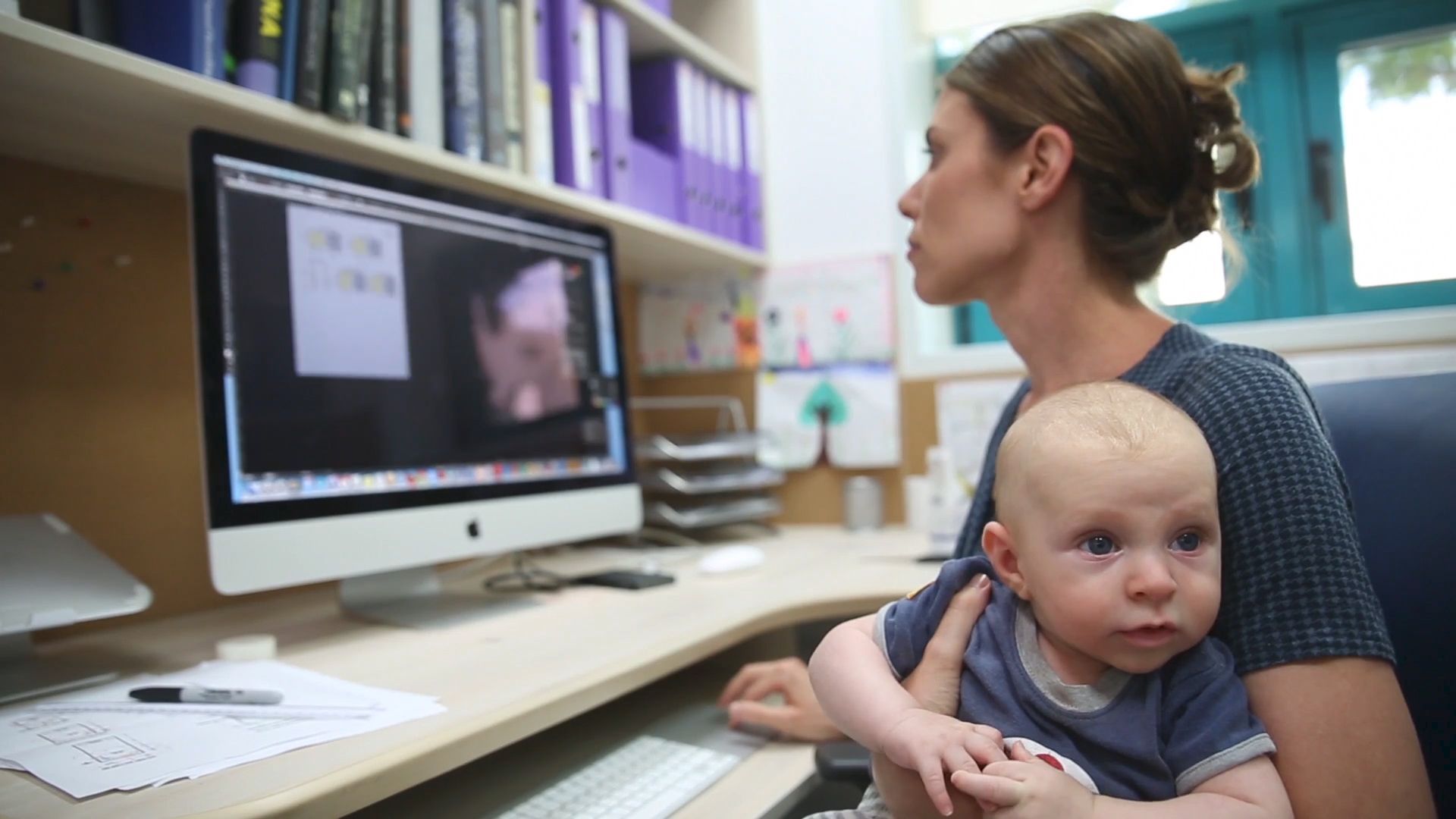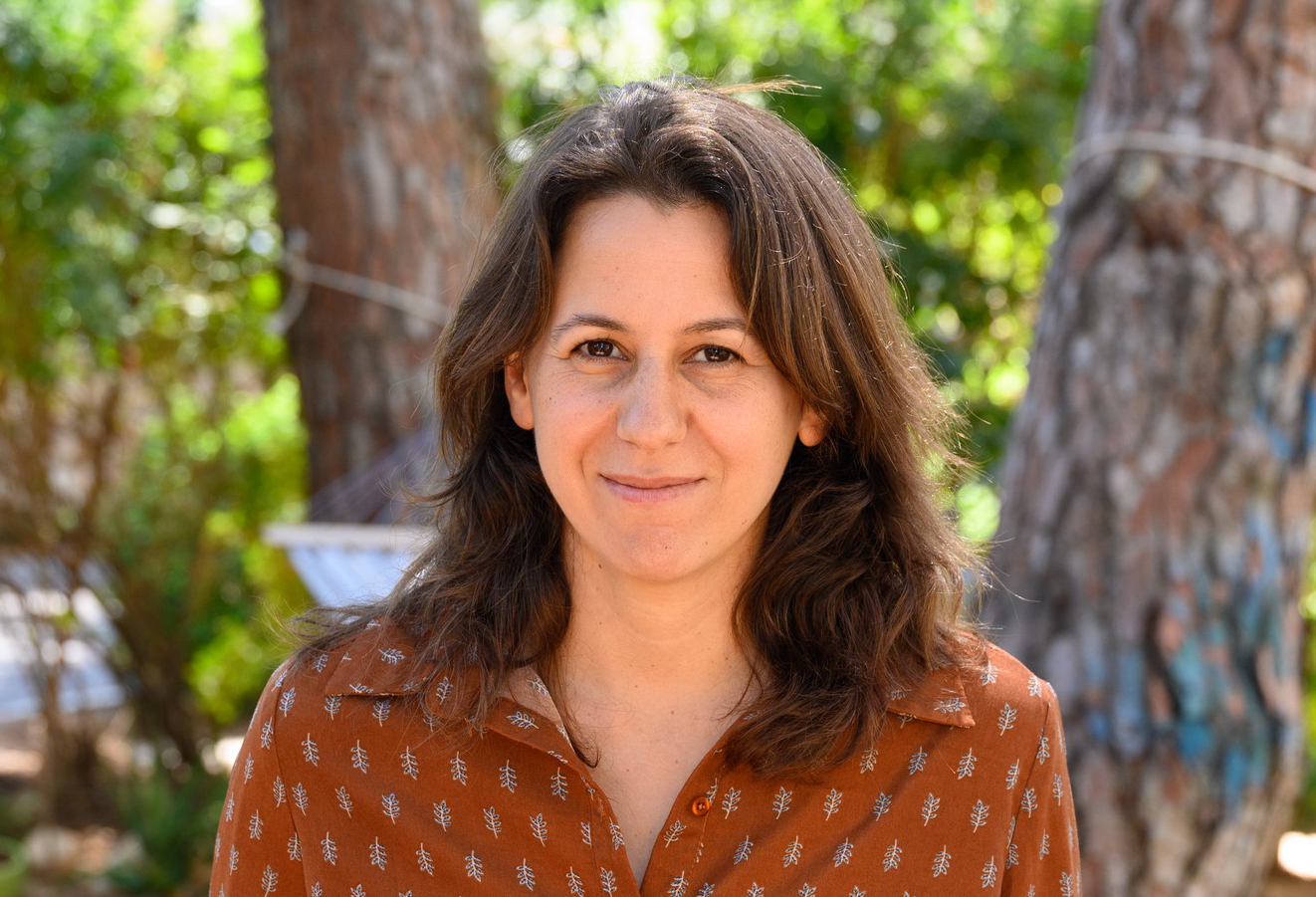
Advancing Women in Science
It is well known that there are fewer women scientists than men, and that encouraging girls to study the STEM fields – science, technology, engineering, and math – is critical to our future.
In Israel, which has few natural resources except brainpower, it is particularly crucial to resolve this problem. That’s why the Weizmann Institute of Science developed multiple initiatives to promote women in science. These cover all stages of education and career: after all, to have a woman who is a successful researcher or Nobel Prize winner, one must first have a girl who loves science.
The National Postdoctoral Award Program for Advancing Women in Science
For Israeli scientists, postdoctoral training abroad in the world’s leading universities, laboratories, and institutions is vital both to their career and the quality of the country’s science. However, cultural and financial pressures mean that moving to another country to pursue postdoc training is particularly challenging, and even more so for women who are married and/or have children.
The Weizmann Institute noted that it was here, in these critical postdoc years, that women scientists were being lost: In graduate school women represent half the student force in graduate school, yet only a fraction of working scientists.
In response, the Institute established the National Postdoctoral Award Program for Advancing Women in Science to encourage gifted female scientists from across Israel to enroll in ambitious postdoc programs.
The highly competitive award, primarily based on academic excellence, is granted to women who have already been accepted for postdoc work in prominent laboratories abroad. The program has become enormously popular, with more than 60 applicants for each year’s 10 awards. Since the program’s inception in 2007, 146 women have won the award.
Of the 88 recipients who have completed their fellowships, 58 (66%) have returned to academic positions in Israel, while 13 (15%) have obtained faculty positions abroad. In total, 71 awardees (80%) have gained faculty positions, including 15 at the Weizmann Institute.

MUVAN: Girls and Science
MUVAN: Girls and Science
As students, girls too often avoid, are afraid of, or have no interest in physics and technology topics. This happens for a number of reasons, including gender preconceptions, the perception by many girls that science is difficult, or “not for them”, and poor teaching strategies.
To challenge this tendency, Weizmann’s Davidson Institute of Science Education established a program, called MUVAN (the Hebrew acronym for “science and girls”), for 9th graders. By presenting physics and technology topics in an engaging manner, in a girls-only group, it is hoped that the girls will be influenced to continue their studies in these scientific subjects.

Women in Grad School
The Feinberg Graduate School at the Weizmann Institute of Science is known worldwide for its intellectual rigorousness; academic excellence; interdisciplinary, collaborative philosophy; and its international character.
The school has been home to the best scientific minds in Israel for more than half a century – in fact, Feinberg produces one-third of all science and math PhDs in the country. Women comprise close to 50 percent of the student population, and the Institute is increasing that number through actively seeking and recruiting talented young women scientists. Scholarships for women offer added incentive and prestige.
Campus Childcare
In Israel, due to mandatory army service, many female graduate students are older, and thus also beginning their careers later, than their counterparts in the U.S. and elsewhere. Many of them also have families.
Recognizing that this situation can hinder women who wish to pursue basic research, the Weizmann Institute offers support such as on-site daycare at the Anixter Family Foundation Early Childhood Village and the Joe Weinstein and Major Max L. Shulman Day Care Building.
Children from infancy to preschool age are cared for by a highly trained professional staff, so that parents can focus on their scientific research, knowing that their kids are more than safe, and are just a short walk away.
Support for New Mothers
Similar to the on-campus daycare, women grad students and young scientists (those without private offices) who have given birth face more than a few issues when they return, including a practical challenge: finding a private space for nursing women to draw milk.
This poses a real problem: in a recent academic year, 62 out of 426 female MSc and PhD students gave birth (14.5%); factoring in female postdoctoral fellows, research scientists, and technical staff, the number jumps to more than 100 births per year.
Fortunately, this problem is easily resolved by creating nursing rooms across campus. This simple solution at the Weizmann Institute of Science provides women with practical support on a daily basis.
The Career Development Chair for Women in Science
There are many contributing factors to scientific discoveries, but one that is indispensable is the human component.
In order to cultivate this irreplaceable resource, the Weizmann Institute of Science regularly invests in particularly promising young scientists, including providing the support structure that enables them to undertake groundbreaking, innovative research.
In a proactive effort to seek out new talent, the Weizmann Institute recruits an average of 10 or more tenure-track faculty members every year – an effort that provides one of the best ways to increase the numbers of women on its faculty.
Offering a Career Development Chair for Women in Science supports this goal. Being awarded a competitive, prestigious chair signifies that the researcher, already among the best, has considerable potential of becoming a star in her chosen field.
